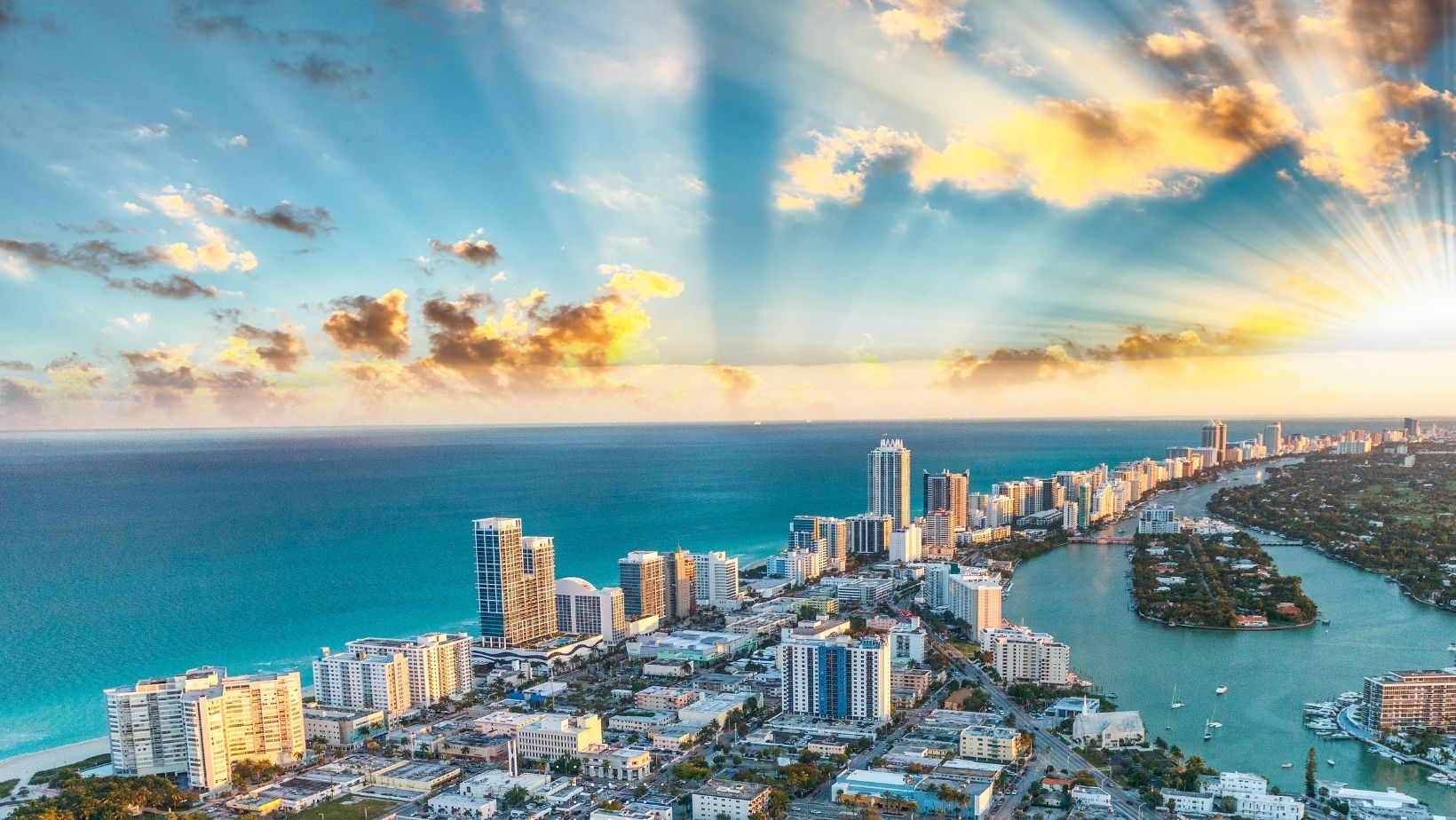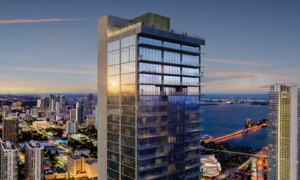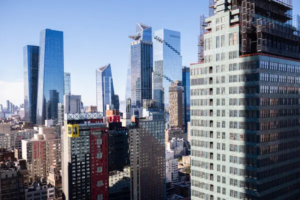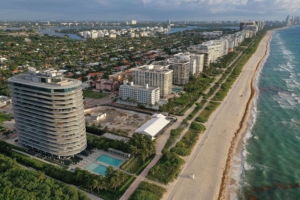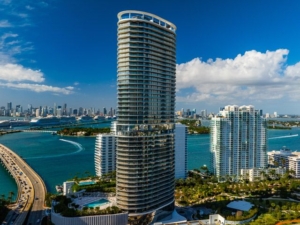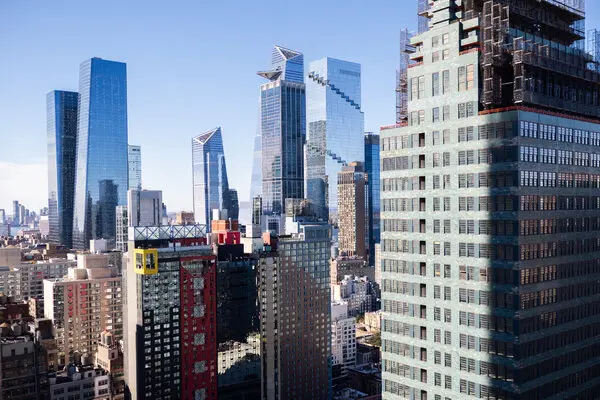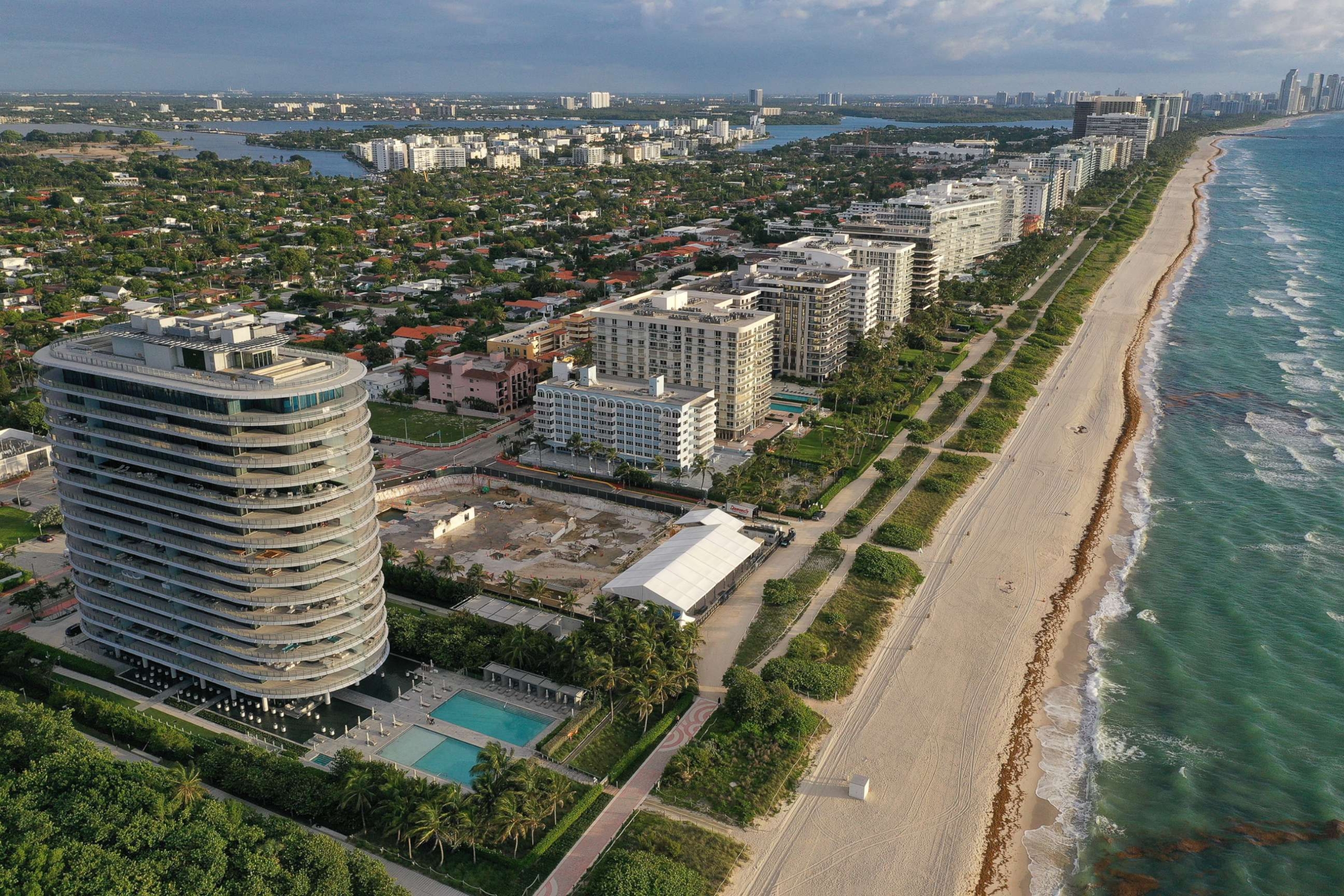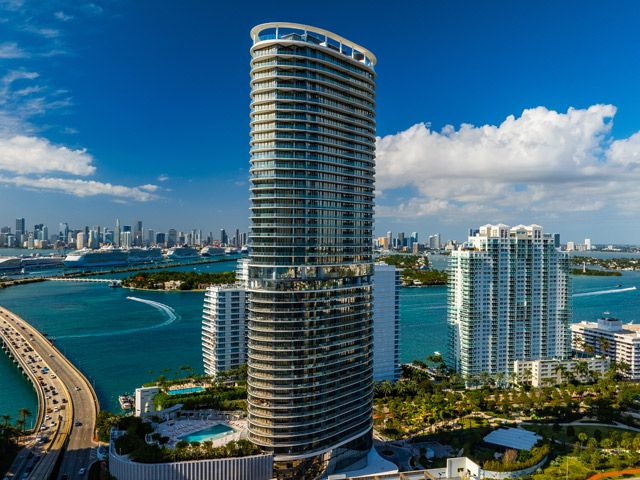Miami's Condo Crisis: 7 Critical Challenges Owners Face in 2025
The Perfect Storm: How Structural Mandates and Financial Pressure Are Reshaping Miami's Condo Landscape
Miami's condominium landscape has dramatically transformed since the tragic Surfside collapse in 2021. Today, condo owners find themselves navigating increasingly treacherous financial and safety waters. The implementation of new structural integrity mandates has created a cascading effect of financial strain, with many owners facing substantial special assessments and skyrocketing association fees.
The situation has reached crisis proportions in 2025, with some owners facing six-figure repair bills. These mounting costs have created a sharp divide in the market – while some properties maintain their value due to proactive maintenance and financial planning, others have seen property values plummet as prospective buyers grow wary of inheriting enormous financial obligations.
"What we're seeing is unprecedented in Miami's real estate history," explains real estate analyst Maria Rodriguez. "The combination of stricter regulations, rising insurance premiums, and inflation has created the perfect storm for condo owners, particularly in aging buildings along the coast."
Market Volatility: The Widening Gap Between Single-Family Homes and Condos
While the overall South Florida real estate market has shown resilience with record-breaking median prices for single-family homes, the condo sector tells a dramatically different story. As of mid-2024, single-family home prices continued to climb despite slowing sales activity. However, condo prices have been on a consistent downward trajectory, creating a stark contrast between these two market segments.
The numbers tell a sobering tale: While Miami-Dade County reported historically high median sales prices for single-family homes in May 2024, condo sellers faced declining valuations month after month. By July 2024, this trend had accelerated, leaving many condo owners underwater on their investments.
This market divergence reflects fundamental shifts in buyer preferences and risk assessment. Buyers increasingly see condos – particularly in older buildings – as potential financial liability rather than sound investments. The widespread impact of special assessments has created a buyer's market for condos, but one where buyers approach with extreme caution.
Legal Battlegrounds: High-Profile Lawsuits Highlight Systemic Problems
The crisis has spawned numerous legal disputes, with luxury towers in Bal Harbour near Surfside becoming the epicenter of high-profile litigation. Owners in these prestigious buildings have filed lawsuits against management companies and developers, alleging deferred maintenance, structural risks, and misallocation of funds.
These legal battles highlight the systemic issues plaguing even upscale properties. In November 2024, a group of owners at the St. Regis Bal Harbour Resort filed a comprehensive lawsuit outlining serious safety concerns and financial mismanagement. The case has drawn attention to how even well-financed luxury developments aren't immune to the fundamental challenges facing the condo sector.
Legal experts predict these cases will establish important precedents for condo owner rights and management responsibilities. Meanwhile, owners find themselves caught between deteriorating building conditions and the crippling costs of addressing them properly.
Political Paralysis: Legislative Solutions Remain Elusive
Despite growing calls for intervention, political solutions have been slow to materialize. In September 2024, Governor DeSantis declined to call lawmakers to Tallahassee for a special session to address the condo crisis, stating that solutions needed to be "teed up" for success before legislative action.
By November 2024, GOP leaders had decided against delaying the looming December 31, 2024 deadline for condo repair fees, though they did clarify that associations failing to comply with reserves budgeting would not face state penalties. This partial relief still left many condo associations in financial limbo as they struggled to meet statutory requirements.
The political complexity of the issue stems from competing interests: condo owners seeking financial relief, safety advocates pushing for stricter enforcement, and industry stakeholders concerned about market stability. Finding solutions that balance these priorities has proven exceedingly difficult, leaving condo owners to shoulder the immediate financial burden while awaiting comprehensive legislative action, which isn't expected until at least mid-2025.
The Path Forward: Potential Solutions for Miami's Condo Crisis
Industry experts and legal analysts have proposed several potential avenues to address the crisis:
- Phased Implementation: Extending deadlines for compliance with structural integrity requirements, allowing associations to build reserves over longer periods.
- Public-Private Partnerships: Creating state-backed financing options for major structural repairs, potentially with lower interest rates than private loans.
- Tax Incentives: Providing property tax relief for buildings undertaking major structural improvements.
- Insurance Reform: Addressing the spiraling insurance costs that compound the financial strain on condo owners.
- Building Recertification Standardization: Developing more uniform standards for structural assessment to reduce inconsistencies in repair recommendations.
According to a December 2024 opinion piece by condo law expert Gary M. Mars, lawmakers must address several critical issues when they finally tackle the crisis in 2025, including reserve funding requirements, assessment limitations, and financing options for necessary repairs.
Key Insights for Miami Condo Owners and Investors
Are older Miami condos still viable investments in 2025?
Older condos present significant financial risks due to pending assessments and repairs. Investors should thoroughly investigate reserve funds, maintenance history, and any special assessments before purchasing. The best investments typically involve newer buildings with robust financial reserves and proactive maintenance plans.
How are insurance costs affecting the condo market?
Insurance premiums have increased dramatically, particularly for coastal properties and older buildings. Some condos have seen 200-300% increases in insurance costs over the past three years, directly impacting monthly association fees. This has made previously affordable properties significantly more expensive to maintain.
What should current condo owners prioritize to protect their investments?
Owners should actively participate in association governance, advocate for proper reserve funding, obtain independent structural assessments when possible, and stay informed about legislative developments. Planning for future assessments by establishing personal savings specifically for this purpose is also prudent.
Will the market eventually stabilize?
Most experts predict a multi-year adjustment period as the market fully absorbs the impact of new regulations and repair requirements. Properties that address structural issues proactively and transparently will likely recover value faster than those that defer maintenance or have contentious association politics.
What legislative changes are most likely in 2025?
While specific legislation remains uncertain, probable areas of focus include modifying reserve requirements, creating financing programs for major repairs, addressing insurance reform, and potentially establishing state oversight mechanisms for condo association financial management.
The Miami condo crisis serves as a cautionary tale about the long-term consequences of deferred maintenance and inadequate reserves. As the situation continues to evolve through 2025, the market will likely see further stratification between well-maintained properties and those facing substantial challenges. For current and prospective owners, thorough due diligence and financial planning have never been more critical in this transformed landscape.

